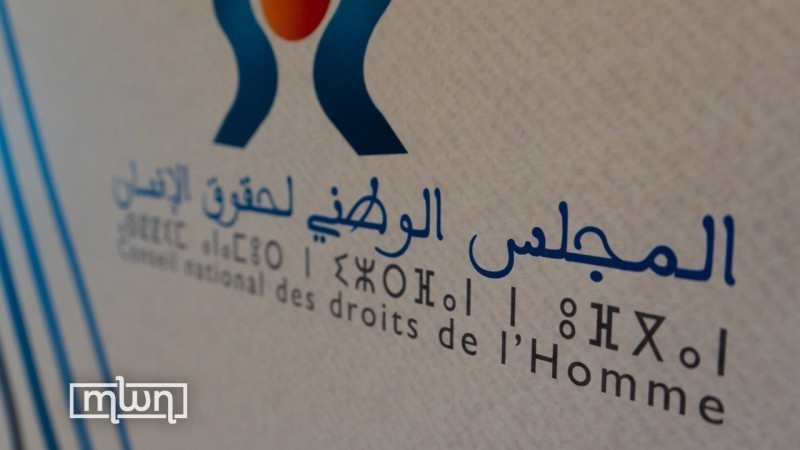
Rabat – The Moroccan Human Rights Council (CNDH) has proposed over 100 recommendations to improve Morocco’s Criminal Procedure Code and make it fairer and in line with international standards.
The memorandum, presented this month, focuses on making justice more accessible to all citizens, especially vulnerable groups like women, children, people with disabilities, and migrants, said CNDH in a press release.
It also notes the importance of protecting the rights of people accused of crimes, by ensuring fair trials, and respecting the principle of the rule of law.
A human rights approach to justice
CNDH President Amina Bouayach said that criminal procedure is not just a technical process but a reflection of a society’s values and its vision of justice. “Every person, no matter their legal situation, deserves dignity and fairness,” she said.
“A person under arrest is not just a file or a number. They have a story, hopes, and a future,” she added.
Bouayach added that these changes are necessary for building a justice system that balances public security with real protection of individual rights and freedoms.
The recommendations in the CNDH memorandum are organized around four major principles, including applying the rule of law equally to everyone, including the police and courts. Any legal action that limits a person’s rights must follow strict rules and be necessary and proportional, CNDH explained.
The second recommendation stresses the importance of fair trials, saying that people suspected of crimes should have the right to a lawyer from the moment of arrest.
They should be clearly informed of their rights in a language they understand, and all police interrogations should be recorded with audio and video, CNDH says. Time limits for police custody should be reduced to prevent abuse, it added.
The third recommendation calls for a balance between parties in the court, explaining that the defense must be treated equally to the prosecution. Lawyers should have access to police files and be present from the start of police procedures, CNDH says.
It added that civil society organizations should also be able to participate in legal cases more freely, without needing special government permission.
The fourth and last recommendation focuses on the protection of vulnerable groups, saying that the law must take into account the special needs of women, children, migrants, and people with disabilities.
For example, women who report violence, CNDH says, should not be forced to confront their attackers in court. In addition, children involved in legal cases should receive psychological support, and migrants should be provided with translation services.
Among the more detailed proposals, the CNDH is also advocating for the removal of the death penalty from the legal code, and a new legal procedure to allow people wrongly imprisoned to receive compensation.
CNDH finally calls for independent medical checks for people in police custody, and the right to request a second medical opinion, along with stronger rules to protect legal confidentiality when using technology like remote hearings.
Within this context, the council is urging the elimination of unnecessary restrictions on civil society groups that want to support victims or take legal action.
The CNDH hopes that Parliament will take these recommendations seriously when reviewing Draft Law No. 03.23, which is set to revise Law No. 22.01 governing criminal procedures in Morocco. The Council believes these reforms are essential to ensure justice, protect human dignity, and fulfill Morocco’s obligations under international law.
This post was originally published on this site be sure to check out more of their content.








